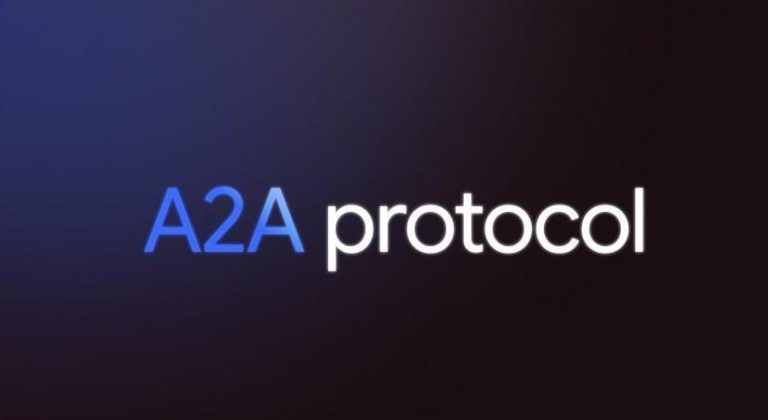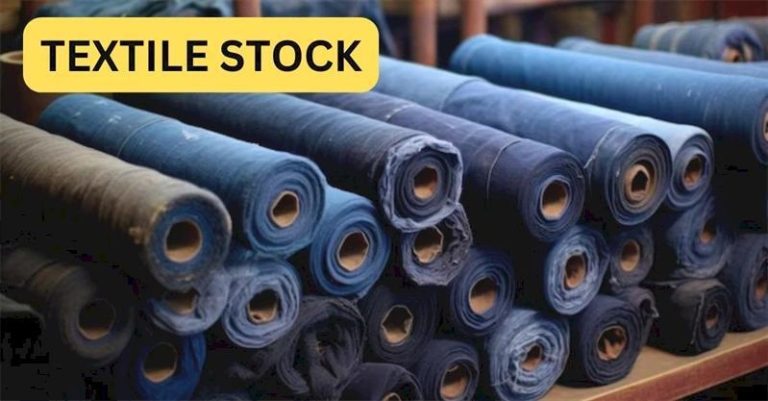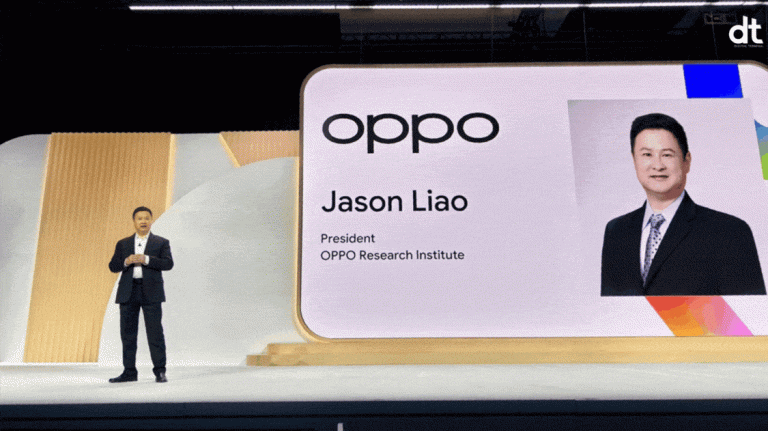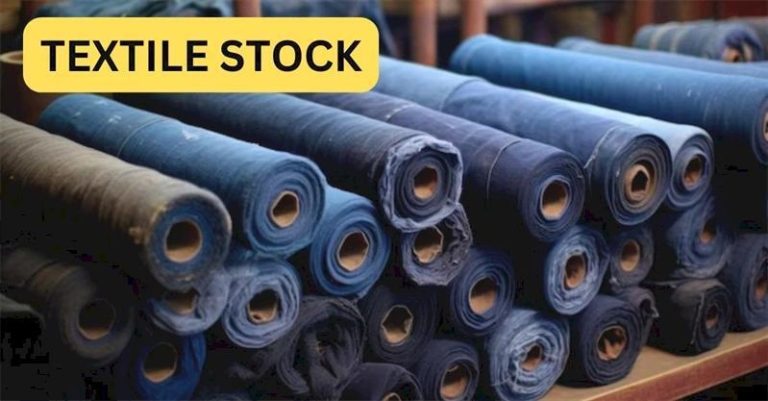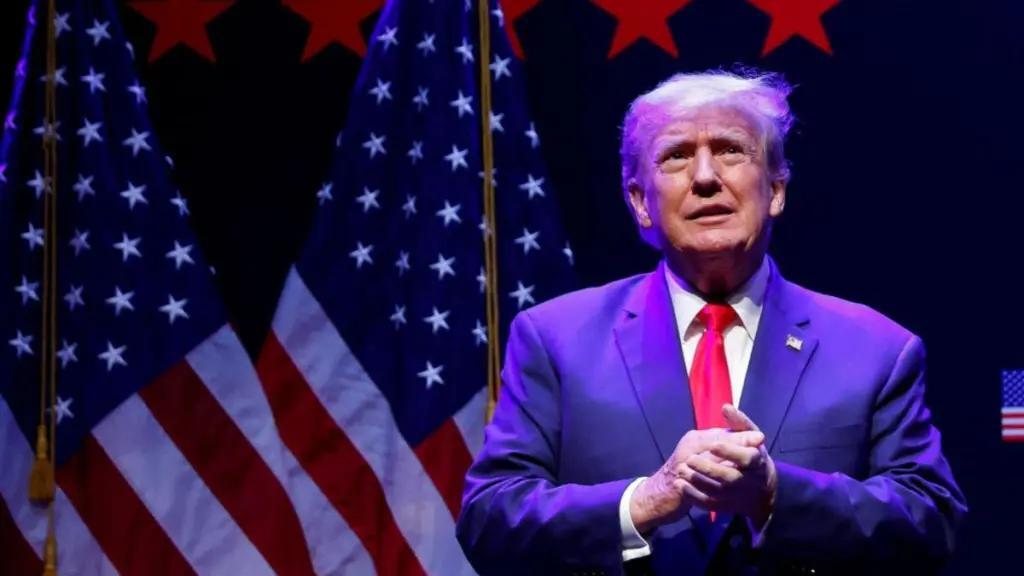
Donald Trump Exempts Smartphones & Computers from Reciprocal Tariffs
In a recent move, United States President Donald Trump has exempted smartphones, computers, and other electronic items from the reciprocal tariffs, including the 125% tariffs he imposed on Chinese goods, according to a Customs and Border Patrol notice. This decision comes amid concerns by tech giants, including Apple, that gadget prices may rise due to Trump’s tariffs, as many of them are manufactured in China.
The exemption, which was announced on September 10, covers a wide range of electronic items, including laptops, tablets, smartphones, and televisions. The move is seen as a significant relief for tech companies, which had been warning of the potential impact of tariffs on their business and consumers.
The United States imposed 25% tariffs on $50 billion worth of Chinese goods in July, citing unfair trade practices and intellectual property theft. China responded by imposing tariffs on $34 billion worth of US goods, including soybeans, corn, and wheat.
However, in August, the US expanded its tariffs to include an additional $200 billion worth of Chinese goods, including smartphones, computers, and other electronic items. This move was met with strong opposition from tech companies, which argued that the tariffs would lead to higher prices for consumers and potentially harm their business.
Apple, one of the largest tech companies in the world, had warned that the tariffs would increase the cost of its products by up to $160 per iPhone and up to $200 per Mac computer. Other tech companies, including Intel, Cisco, and HP, had also expressed concerns about the impact of tariffs on their business.
The exemption of electronic items from the tariffs is seen as a significant victory for tech companies, which had been lobbying the government to exclude them from the tariffs. The move is also seen as a sign that the US government is willing to listen to the concerns of tech companies and adjust its trade policies accordingly.
However, the exemption does not apply to all electronic items. The US Customs and Border Protection (CBP) notice specifies that the exemption only applies to electronic items that are “of a type that is not produced in sufficient quantity in the United States to meet domestic demand.”
This means that electronic items that are produced in the US, such as those made by US companies like Dell and Lenovo, are not exempt from the tariffs. The CBP notice also specifies that the exemption is only temporary and will be reviewed and revised as necessary.
The exemption of electronic items from the tariffs is seen as a significant development in the ongoing trade tensions between the US and China. The move is likely to be seen as a concession by the US government to the tech industry, which has been vocal in its opposition to the tariffs.
However, the exemption does not necessarily mean that the trade tensions between the US and China are easing. The US and China have been engaged in a trade war for months, with both sides imposing tariffs on each other’s goods.
In recent weeks, the US and China have been engaged in talks to resolve the trade dispute, but so far, no agreement has been reached. The exemption of electronic items from the tariffs is seen as a small step towards resolving the trade dispute, but it is unlikely to be enough to resolve the issue entirely.
In conclusion, the exemption of smartphones, computers, and other electronic items from the reciprocal tariffs is a significant development in the ongoing trade tensions between the US and China. The move is likely to be seen as a concession by the US government to the tech industry, which has been vocal in its opposition to the tariffs.
However, the exemption does not necessarily mean that the trade tensions between the US and China are easing. The US and China have been engaged in a trade war for months, with both sides imposing tariffs on each other’s goods. The exemption of electronic items from the tariffs is a small step towards resolving the trade dispute, but it is unlikely to be enough to resolve the issue entirely.

